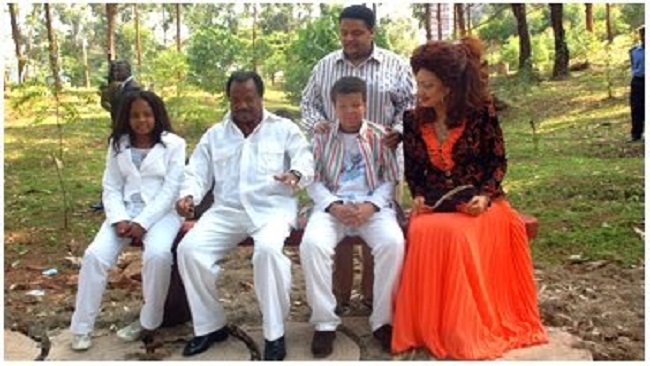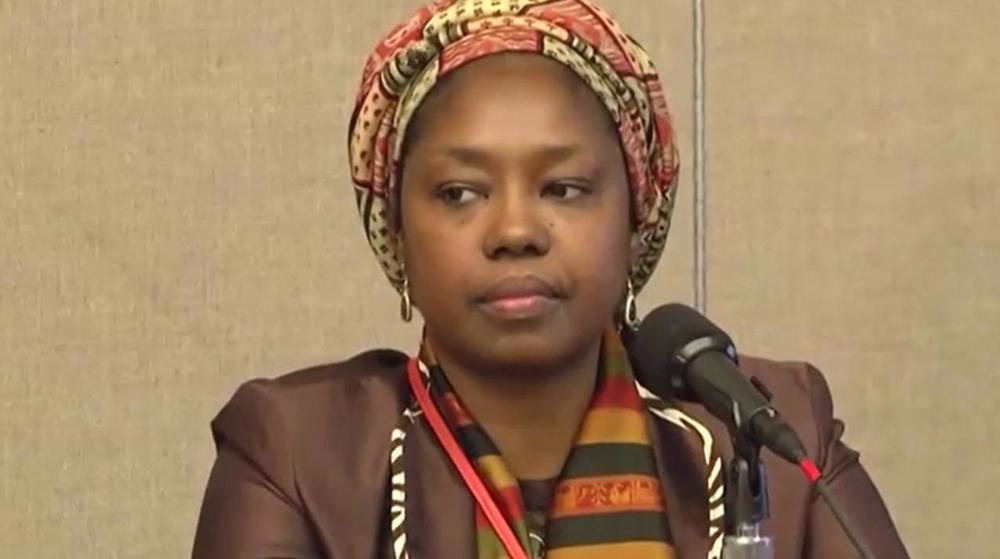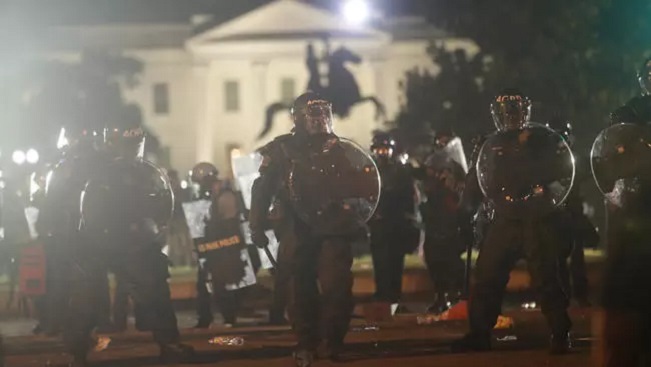1, June 2020
France: Ligue 1 presidents slam ‘brutal’ move to end season 0
Some of the French Ligue 1’s club presidents joined forces on Monday to criticise the decision in April to declare the season over due to the coronavirus pandemic.
Prime Minister Edouard Philippe said five week ago the campaign could not restart but Germany’s Bundesliga has resumed while Spain’s La Liga, Italy’s Serie A and England’s Premier League are set to follow suit by the end of this month.
“Start of April, we were the only league among Europe’s big five to propose the restart of the season,” Nantes’ Waldemar Kita said in a statement by Premiere Ligue, a union of the league’s chiefs.
“We were ahead of time, we were mocked. We were the motor and the other countries followed us later. But unfortunately, we stayed in the same spot,” Kita added.
Lille’s Gerard Lopez said the move was “pretty brutal”.
“We keep saying that we’re trying to catch up on the other four big leagues and then we make a rod for our own backs at a key moment.
“We’re all alone. It might be in France that football is not at the same level as other countries,” he added.
Saint-Etienne’s Bernard Caiazzo, who is the head of the body, pointed the finger solely at politicians.
“We’re not responsible, those who are responsible are the Prime Minister and the government. They have information we don’t have,” Caiazzo said.
“You could ask if the government decided too quickly. Was there a discussion with the clubs? No. Was there a discussion with other countries? No,” he added.
Lyon, whose chief Jean-Michel Aulas has been vociferous since the April 30 decision with his side set to miss out on Europe next season, and relegated Amiens will challenge the decision at France’s highest administrative court on June 4.
Bottom side Toulouse are among other clubs expected to appeal.
Source: AFP






















1, June 2020
UN agency recommends health guidelines for airlines 0
Mask wearing, temperature controls, disinfection of aircraft: the International Civil Aviation Organization on Monday published a series of health recommendations for a pandemic-hit airline industry as it relaunches air travel.
The protocol was drawn up by an international task force formed by the Montreal-based ICAO with the help of other UN agencies like the World Health Organization and the powerful International Air Transport Association (IATA).
Its report on relaunching aviation in the wake of COVID-19 was expected to be approved Monday by the ICAO’s executive committee.
The changes being suggested are the most important for air travel since the massive security measures put in place after the September 11, 2001 attacks on the United States.
IATA’s director general, Alexandre de Juniac, unveiled the main measures proposed in the “best practices” guide at the end of last week.
The recommendations are intended to serve as a “framework” for assuring the safety of passengers and workers on planes and at airports.
On their arrival at airports, travelers should present a health certificate and undergo an initial temperature check, under the guidelines.
Online check-in before arriving at the airport should be given priority, and passages through security should be re-thought to limit physical contact and waiting in lines.
The wearing of a mask or face covering should be obligatory inside aircraft and terminals, where physical distancing of at least three feet (one meter) should be respected.
Aboard planes, passengers should wear masks, move as little as possible within the cabin, and not line up outside toilets to lessen the risk of infecting other passengers.
– ‘Global reference’ –
But the ICAO does not advocate leaving every other seat open to assure physical distancing, a restriction that the airline industry industry sees as a threat to its profitability.
The organization, nevertheless, asks passengers to remain as far from one another as possible, to the extent occupancy rates allow it.
It also advocates that food on board be pre-packaged and that aircraft be regularly disinfected.
Temperature checks should also be taken on a flight’s arrival, according to the recommendations.
The measures aren’t obligatory but they are the product of a broad consensus that imparts “an authority that will make them a global reference for the first time on this issue since the start of the COVID-19 crisis,” said Philippe Bertoux, France’s representative on ICAO’s board, which led the “task force” debate.
“These measures will facilitate a safe and sustainable return of the air travel,” Bertoux told AFP.
To reopen after having been grounded for months and brought to its knees financially, the airline industry is pressing for rules to be harmonized to reassure passengers and states that have closed their borders in an attempt to halt the spread of the virus.
The ICAO estimates that the pandemic will reduce the number of air passengers by 1.5 billion by the end of the year.
Source: AFP